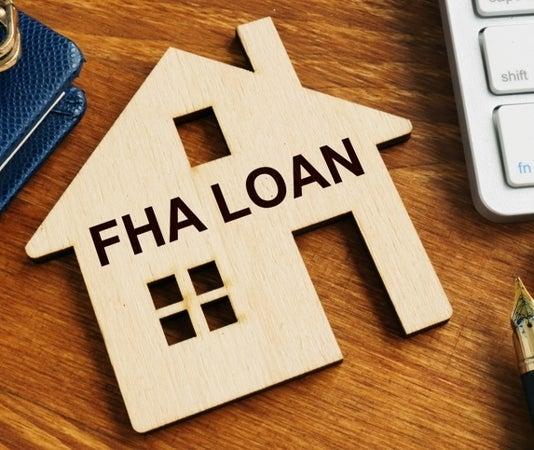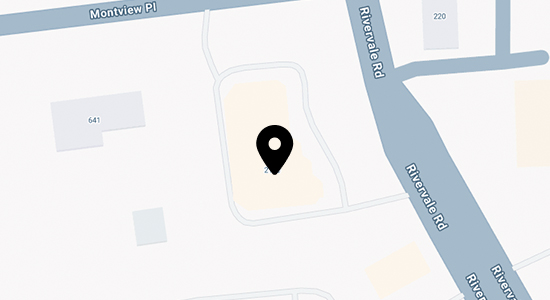- Contact Us Now: (201) 494-2800 Tap Here To Call Us
Minimum Credit Score Requirements for Conventional and FHA Loans

Becoming a homeowner is a significant milestone that often requires navigating a complex web of financial considerations. One of the key factors that can determine your eligibility for a mortgage is your credit score. For many, understanding the minimum credit score requirements for different types of loans, such as Conventional and FHA loans, can be the first step towards turning their homeownership dreams into reality.
Conventional Loans: Where Credit History Matters:
Conventional loans are mortgages offered by private lenders without any government backing. These loans are often sought by borrowers with a solid financial history and higher credit scores. While conventional loans offer various options and terms, lenders generally require a good to excellent credit score to qualify.
Minimum Credit Score for Conventional Loans:
The minimum credit score requirements for conventional loans can vary depending on the lender and the specific loan program. However, a FICO credit score of around 620 is often considered the baseline for conventional loan eligibility. Keep in mind that meeting the minimum credit score requirement doesn’t guarantee approval; lenders also assess factors like your debt-to-income ratio, employment history, and down payment amount.
FHA Loans: Bridging the Gap for Lower Credit Scores:
Federal Housing Administration (FHA) loans are government-backed mortgages designed to help individuals with lower credit scores and smaller down payments become homeowners. These loans provide a more accessible path to homeownership for those who might not meet the stringent credit requirements of conventional loans.
Minimum Credit Score for FHA Loans:
The defining feature of FHA loans is their flexibility regarding credit scores. While there isn’t a specific minimum credit score set by the FHA, most lenders look for a credit score of at least 580 to qualify for the 3.5% minimum down payment. However, even if your credit score falls below 580, you may still be eligible for an FHA loan with a larger down payment, typically around 10%.
It’s important to note that while the FHA provides guidelines, individual lenders have the authority to set their own minimum credit score requirements for FHA loans. This is why it’s crucial to shop around and find a lender that aligns with your financial profile.
Factors Beyond Credit Score: The Bigger Picture:
While credit score is a critical factor in securing a mortgage, it’s not the only element lenders consider. They also assess your debt-to-income ratio, employment history, income stability, and the size of your down payment. These factors collectively paint a picture of your financial responsibility and ability to handle a mortgage.
Improving Your Chances: Steps to Take:
If your credit score is currently below the desired range for the loan type you’re interested in, there are steps you can take to improve your creditworthiness:
- Check Your Credit Report: Obtain a copy of your credit report from all three major credit bureaus (Equifax, Experian, and TransUnion). Review the reports for errors or discrepancies that could be negatively impacting your score.
- Pay Your Bills On Time: Timely bill payments are one of the most significant contributors to a positive credit history. Set up reminders or automatic payments to avoid missing due dates.
- Reduce Debt: Work on paying down existing debts, especially high-interest credit card balances. A lower debt-to-credit ratio can positively impact your credit score.
- Avoid Opening New Credit Lines: Applying for new credit in the months leading up to your mortgage application can temporarily lower your credit score.
- Work with Credit Counselors: If your credit score needs significant improvement, consider working with a credit counseling agency to create a plan for boosting your score.
In conclusion, the minimum credit score requirements for conventional and FHA loans offer different paths to homeownership based on your financial profile. While conventional loans often require higher credit scores, FHA loans provide a viable option for individuals with lower scores by offering more flexibility. Remember that credit score is just one piece of the puzzle; your overall financial health plays a crucial role in the mortgage approval process. Taking proactive steps to improve your creditworthiness can increase your chances of securing the loan that aligns with your homeownership goals. Contact Joseph DiPiazza, Esq. to discuss any questions you may have about the home buying process.


